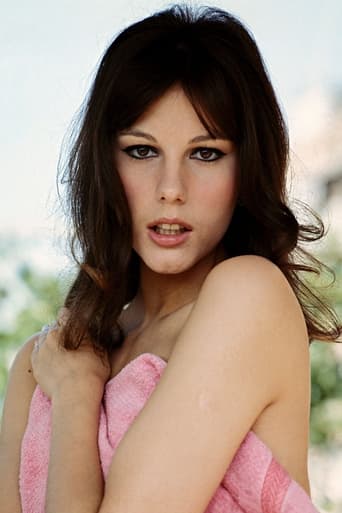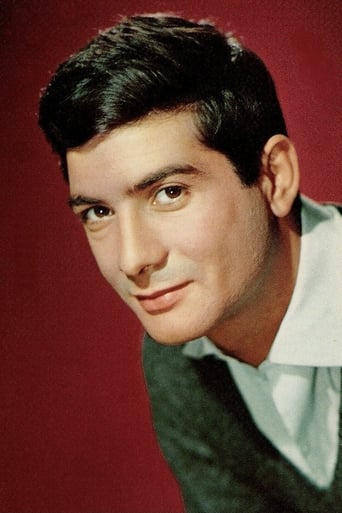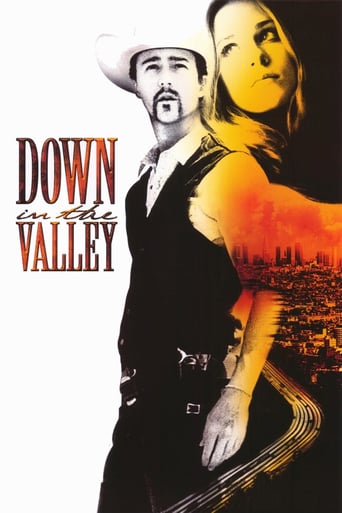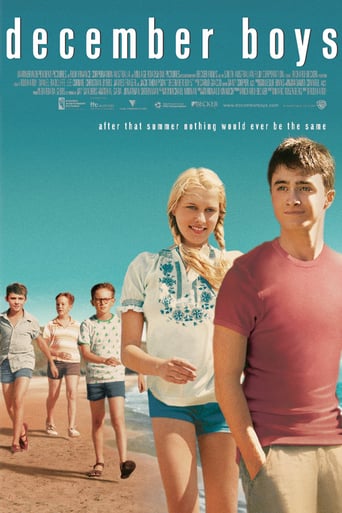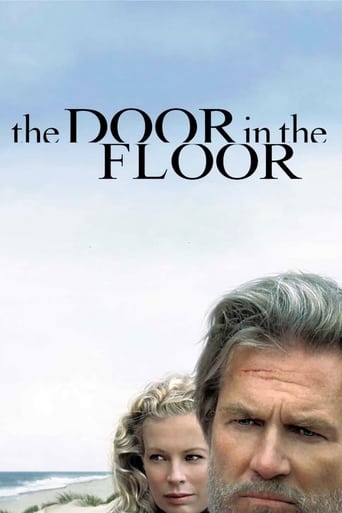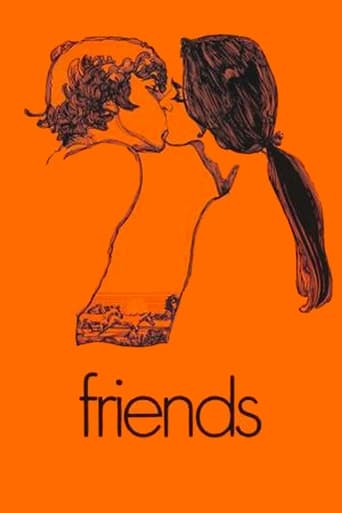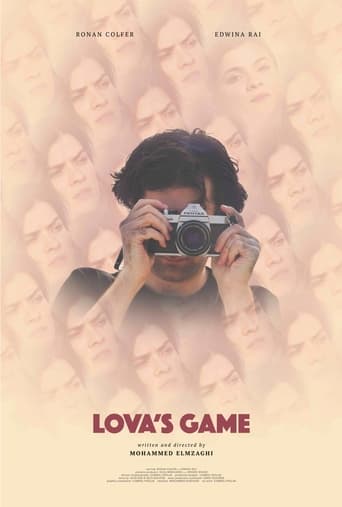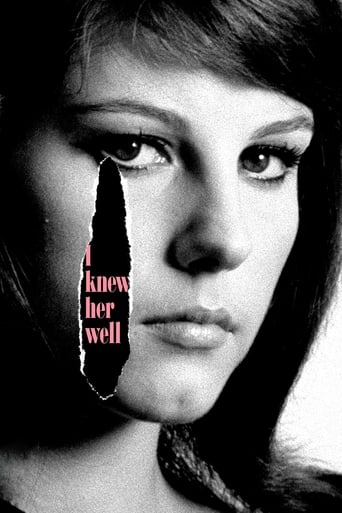
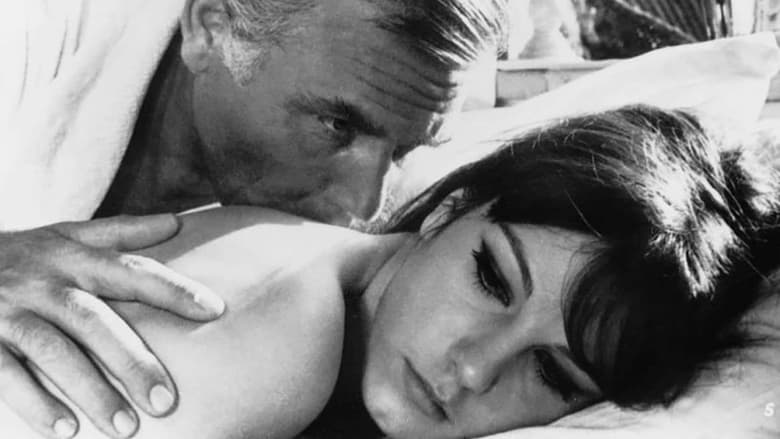
I Knew Her Well (1965)
A young woman from the Italian countryside experiences the dark side of the business after she moves to Rome to become a star.
Watch Trailer
Cast
Similar titles


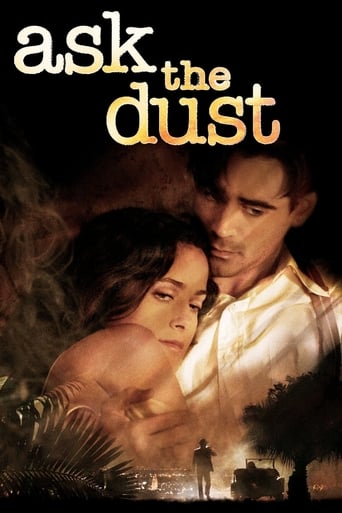
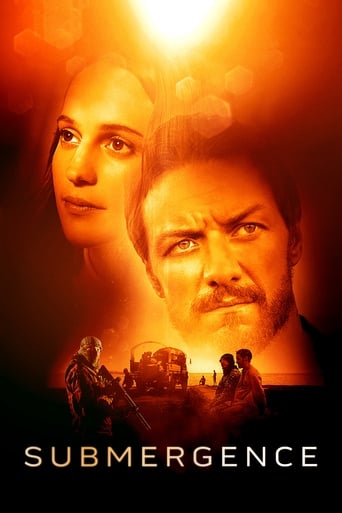
Reviews
So much average
Fresh and Exciting
It's not great by any means, but it's a pretty good movie that didn't leave me filled with regret for investing time in it.
The film never slows down or bores, plunging from one harrowing sequence to the next.
There is a scene from I Knew Her Well between Adriana (Stefania Sandrelli) and The Writer (Joachim Fuchsberger) that says a lot about the film:The Writer: "Trouble is, she likes everything. She's always happy. She desires nothing, envies no one, is curious about nothing. You can't surprise her. She doesn't notice the humiliations, though they happen to her every day. It all rolls off her back like some waterproof material. Zero ambition. No moral code. Not even a whore's love of money. Yesterday and tomorrow don't exist for her. Even living for today would mean too much planning, so she lives for the moment. Sunbathing, listening to records, and dancing are her sole activities. The rest of the time she's mercurial and capricious, always needing brief new encounters with anyone at all... just never with herself." Adriana: "I'm Milena, right? Is that what I'm like? Some sort of dimwit?"The Writer: "On the contrary. You may be the wisest of all."I couldn't encapsulate the brilliance of this incredibly well directed character essay any better.
Not much happens in this film. Everything relies on the charm of actors, their presence fills the screen, it electrifies: Stefania Sandrelli (a sexy-angel, perhaps the most sensual angel-woman that the 7th art offered), Ugo Tognazzi, Enrico Maria Salerno and Nino Manfredi (all three have no need of words to make a big role in a film), and Jean-Claude Brialy, Mario Adorf, Franco Fabrizi and a very young Franco Nero in a small role, unique. 60's music, Sergio Endrigo, Mina, Ornella Vanoni, Peppino Di Capri, Gilbert Becaud, contribute greatly to achieving a distressing atmosphere, which will eventually lead the heroine(Stefania Sandrelli) to suicide. Sad but you can watch it again and again and again.
Ironically titled, beautifully shot and well-acted, this is a real 'sleeper' from late in the Golden Age of Italian cinema. Stefania Sandrelli perfectly embodies the naive girl from the provinces who wants to be a star. We never know what she can do well, apart from be charming and look terrific. But she believes there is a place for her in the firmament of the entertainment industry. Adriana gets to live only on the edge of the life she thinks she wants (nice apartment, clothes, wigs, parties, making money from sexual favors or modeling). From the start, she is taken advantage of by 'agents' or others who claim to be helping her. The numerous men she encounters are mostly ciphers themselves. Their only advantage is that they understand the ruthless nature of their world. Adriana is just their latest victim. One charmer skips out in the early morning from a hotel encounter, leaving Adriana stuck with the bill. Another, after a sexual episode, asks her to call another girl for him. In a brilliantly cringing scene, poor Adriana is humiliated in front of friends, as her long-awaited 'film debut' only serves to use her for comic fodder.The film uses flashback to fill in Adriana's past: she was a normal, if very pretty, girl whose family has already nearly forgotten her. Like many of her kind, she craves the "love" that stardom should bring. As often with serious Italian film, the outcome is pessimistic. Director Pietrangeli paces the film well and integrates the brief flashbacks to telling effect. Locations are well-used and often beautifully photographed. The film can occasionally remind a viewer of Robert Bresson's work: much faster paced, and with a higher energy level, but with a similar outlook on youth and the harshness of contemporary life. I'd go as far to say if this film had been directed by Bresson, it would be far better known. The international view of Italian cinema at the time was dominated by Fellini, Antonioni and a few others, while Pietrangeli, Monicelli and many fine film makers remain to be re-discovered. Here is a great place to start that re- discovery.
Another of the many Italian movies about alienation in the post-war years, very well made, beautifully shot, often interesting - but not up there with L'AVVENTURA or LA DOLCE VITA. The problem is the main character, one of the horde of young, nouveau-American European youth of the 1960s, ignorant of the war or much else besides, who only enjoys dancing to moronic music, polishing her nails, and reading comic books. Of course, she wants to be an actress. She goes through as many hairstyles as boyfriends in the course of the film, and though among them there are some recognizable faces (Franco Nero is the shy young auto mechanic here; the following year he would be cold-blooded killer DJANGO), the hairstyles tend to be more memorable than the men.The problem with making a movie about a character as vapid as this young woman is that her story isn't compelling. Even though we find out later that she's really just a poor girl from the country from a hard-luck farm family, even though we cringe at the number of times she's exploited through the course of the film - there is one particularly cruel scene in which a young man, after sleeping with her, has her telephone the girl he really likes, just in case her mother answers - the life and death of a bubblegum-popping wannabe actress is not the stuff of great tragedy. She takes a leap just when self-awareness finally dawns: no one cares for her (except Nero's character, who she doesn't even notice), she's the butt of jokes, she really is just a beautiful idiot with no future once the looks fade. Of course, the real theme of the movie might be that thinking too much is a bad thing: in one telling sequence a jaded writer says as much to her, that her brainless, live-for-the-moment existence might be some kind of unconscious wisdom. But the life of the girl, who I suspect is a kind of symbol of the director's horror of modern Italy, grows a little tiresome before the end of the film.
